Published
- 06:00 am

Find out who took home the winning titles. Here are the Official Ultimate Fintech Awards Winners 2022
Representatives from all over the world flew into Cyprus to watch their brand battle it out against the best in the business at the Ultimate Fintech Awards 2022. Ultimate Fintech held the prestigious Awards Ceremony on the 9th of June on the final evening of the iFX EXPO International at Columbia Beach in Limassol. The crowd was in scintillating form, with a fantastic turnout of individuals coming together to network as the industry held its breath in anticipation of the results.
A Win in the Workplace is a Win in the Marketplace
An Ultimate Fintech Award is an award of distinction. With its years of experience in the fintech and finance space, Ultimate Fintech has set an exclusive industry benchmark for both brokers and B2B service providers. With the spotlight fixed firmly on these brands, an award represents the lasting success that lingers far beyond a single night.
To be nominated is a fantastic achievement, but as we all know, there’s only room for one at the top!
2022 Winners:
Broker of the Year: FXCM
Best Global Broker: ATFX
Most Transparent Broker: AAAFx
Most Trusted Broker: Fxview
Most Reliable Broker: FxGrow
Best Newcomer Broker: tixee
Best CFDs Broker: Global GT
Best ECN/STP Broker: Errante
Fastest Growing Broker: Schatz Markets
Best IB Programme: tixee
Best Affiliate Programme: VT Markets
Best Trading Experience: Conotoxia
Best Customer Service: 4XC
Best Prime Trading Account: RoboForex
Best Copy Trading Platform: HokoCloud
Best Mobile Trading App: Vantage
Best Trade Execution: FP Markets
Best Trading Conditions: Ardu Prime
Best Crypto CFDs Broker: Libertex
Most Innovative Broker: Ardu Prime
Best Forex Spreads: Tickmill
Best Withdrawal Plan: CXM Direct
Best White Label Solution: FxGrow
Best Emerging Broker: Kwakol Markets
Best Hybrid Broker: FXGT
Fastest Growing Broker – Asia: YaMarkets
Best IB Programme – Asia: YaMarkets
Best Trading Support – Asia: Schatz Markets
Best Broker – Asia: Justforex
Most Trusted Broker – Europe: Ardu Prime
Best Broker – Europe: RoboMarkets
Best Broker – Africa: Kwakol Markets
Most Trusted Broker - Middle East: HF Markets
Most Trusted Broker – LATAM: Libertex
Best Broker – Australia: Vantage
Best Customer Support – Australia: Vantage
Most Trusted Broker – Nigeria: Kwakol Markets
Best FX Trading Platform: Match-Trade Technologies
Best Multi-Asset Trading Platform: ActTrader
Best Social Trading Solution: ZuluTrade
Best B2B Liquidity Provider: Finalto
Best Crypto Liquidity Provider: Match-Prime Liquidity
Best Connectivity Provider: oneZero
Best Bridge Provider: Centroid Solutions
Most Innovative Bridge Solution: Tools for Brokers
Best Risk Management Solution: Centroid Solutions
Best White Label: DXtrade by Devexperts
Best Crypto White Label Solution: Tradesmarter
Best Technology Provider: Your Bourse
Best Fintech AI Solution: QFIL Solutions
Best RegTech Reporting Solution: MAP FinTech
Best Client Onboarding Solution: Shufti Pro
Best Automated Performance Tool: Solitics
Best Payment Service Provider: Worldpay from FIS
Best Crypto Solution For Payments: Capital Wallet
Best All-In-One Brokerage Solution: PLUGIT
Best Trader Retention Tool: Solitics
Best Cloud Technology Solution: Alibaba Cloud
Best Emerging Trading Platform: Ark Trader by Ark Technologies
Massive congratulations to all deserved winners. Until next year…
Related News
- 14.06.2022 -- 06:17 am
An interview with Russ Cohn, General Manager International of OCR Labs at Money20/20 Europe 2022
Other Videos
- 05:00 am
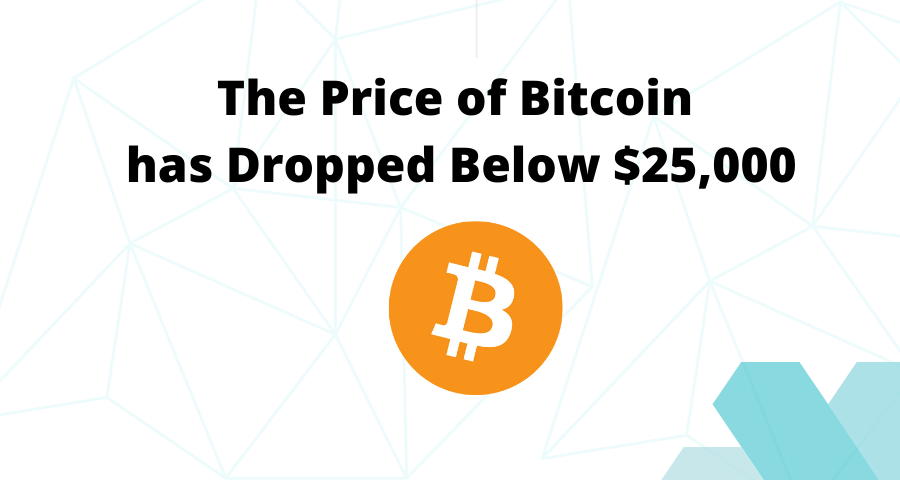
Bitcoin fell below $23,000 on Monday, its lowest level since December 2020, as investors dumped risk assets.
One of the major crypto lending sites, Celsius Network, halted withdrawals and transfers Sunday night, citing "extreme market conditions." Celsius announced its shutdown as Asian markets started on Monday, and its CEL token, valued at roughly $7 a year earlier, fell to 21 cents.
Bitcoin traded at $22,764 at 11:10 a.m. on Wall Street, down 17%, according to CoinDesk data. Other cryptocurrencies' prices fell after the delay. The overall market cap of crypto assets (including stablecoins and tokens) is below $1 trillion, down from $3 trillion in November.
The price of Bitcoin has decreased about 12 percent in the previous 24 hours, plummeting $2,000 since the Celsius news, according to Coinbase. The last time Bitcoin was this low was December 2020; it peaked on November 9, 2021, at $69,000. Today's dip continues a 12-week slump from $49,000 in March, per CoinDesk.
Ethereum went from $1,355 before the Celsius announcement to $1,238 at of 9:33AM ET, a 14 percent decline. Last November 9th, it reached $4,891.
Binance suspended Bitcoin withdrawals amid plummeting crypto prices. Binance CEO Changpeng Zhao announced the freeze at 8AM ET, citing a "stuck transaction" Initially, he indicated the pause will be fixed in 30 minutes, but later said, "This will likely take longer."
Related News
- 07:00 am
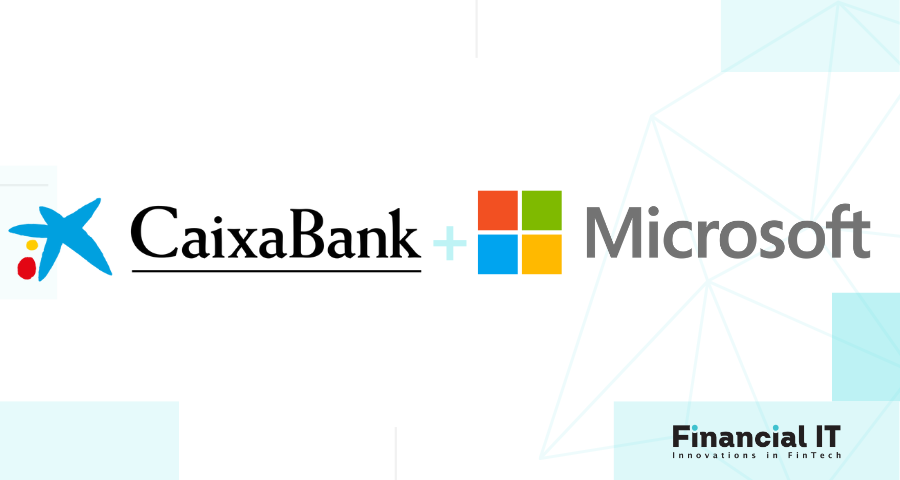
CaixaBank and Microsoft have signed a strategic joint innovation agreement intended to promote the application of Artificial Intelligence (AI) to new financial solutions, as well as to create new and innovative work environments in the metaverse.
The agreement will see the two companies start up an AI Innovation Lab, with particular involvement from CaixaBank Tech – the tech company launched in 2021 to advance the technological evolution of the CaixaBank Group. This IT subsidiary of CaixaBank has a team of professionals specialising in the application of AI for the financial sector, as well as its own Centre of Excellence to promote innovation in this field. The new Laboratory, located in Barcelona, will work in coordination with Microsoft's AI Research and Development (R&D) hub also located in the city, which employs nearly a hundred software developers, data scientists and machine learning specialists.
Disruption in financial services through Artificial Intelligence
The AI Innovation Lab will focus on developing concept tests, prototypes and use cases to explore how the application of AI technologies can disrupt financial services.
Some of the first co-innovation projects identified will focus on improving AI models by using new and emerging technologies that are currently being researched, as well as projects to incorporate AI into routine processes ('AI at Scale').
These initiatives will aim to improve efficiency, customer experience, cybersecurity and other areas. An example of these innovative projects is the creation of a ‘cyberassistant’ that could help employees and back-office units to significantly reduce low-value-added tasks so they can devote more time to their main activities. Another possibility will be to explore how to improve user interface systems so that both customers and employees can communicate with the bank's technology using plain language.
CaixaBank and Microsoft will also work to create interactive virtual environments (metaverses) that offer immersive experiences, with applications improving customer and employee experience and in the implementation of hybrid work environments. The metaverse offers multiple possibilities in the financial sector, from the creation of a new interaction channel enhancing customer experience, to the creation of internal collaboration models in virtual branches, the incorporation and development of talent, and much more.
“CaixaBank started to explore the use cases of AI in the financial sector more than a decade ago, and we have since become one of the most active players in terms of launching new products based on this technology, with projects that were global firsts and a dedicated team that is a benchmark nationally and abroad. Uniting forces with Microsoft in further researching AI will help us to accelerate product development and give us real solutions that rely on the most innovative technology in this field, making it available to our customers and employees", says Luis Javier Blas Agüeros, Media Director at CaixaBank.
"The combination of CaixaBank's in-depth knowledge of financial markets with Microsoft's experience in AI and other innovative technologies will make it easier to develop solutions that will transform the experience of financial services customers", states Alberto Granados, president of Microsoft Spain.
CaixaBank is amongst the most innovative banks in the application of AI to financial services in Spain. The bank has been a worldwide pioneer in training conversational AI in Spanish and in implementing cognitive assistants to help employees and customers. CaixaBank is currently applying all the power of AI to develop tools for its managers and customers – as well as for other strategic objectives, such as employee training.
Professional training to speed up innovation
As part of the co-innovation agreement between the two companies, CaixaBank and Microsoft will define a series of training curriculums for the professionals of the bank's technical and business departments, including the AI Business School for Financial Services, a training programme which aims to provide strategic knowledge on the impact of applying AI to financial services. Technical training on the cloud, security, data management and AI will also be enhanced.
Related News
- 09:00 am
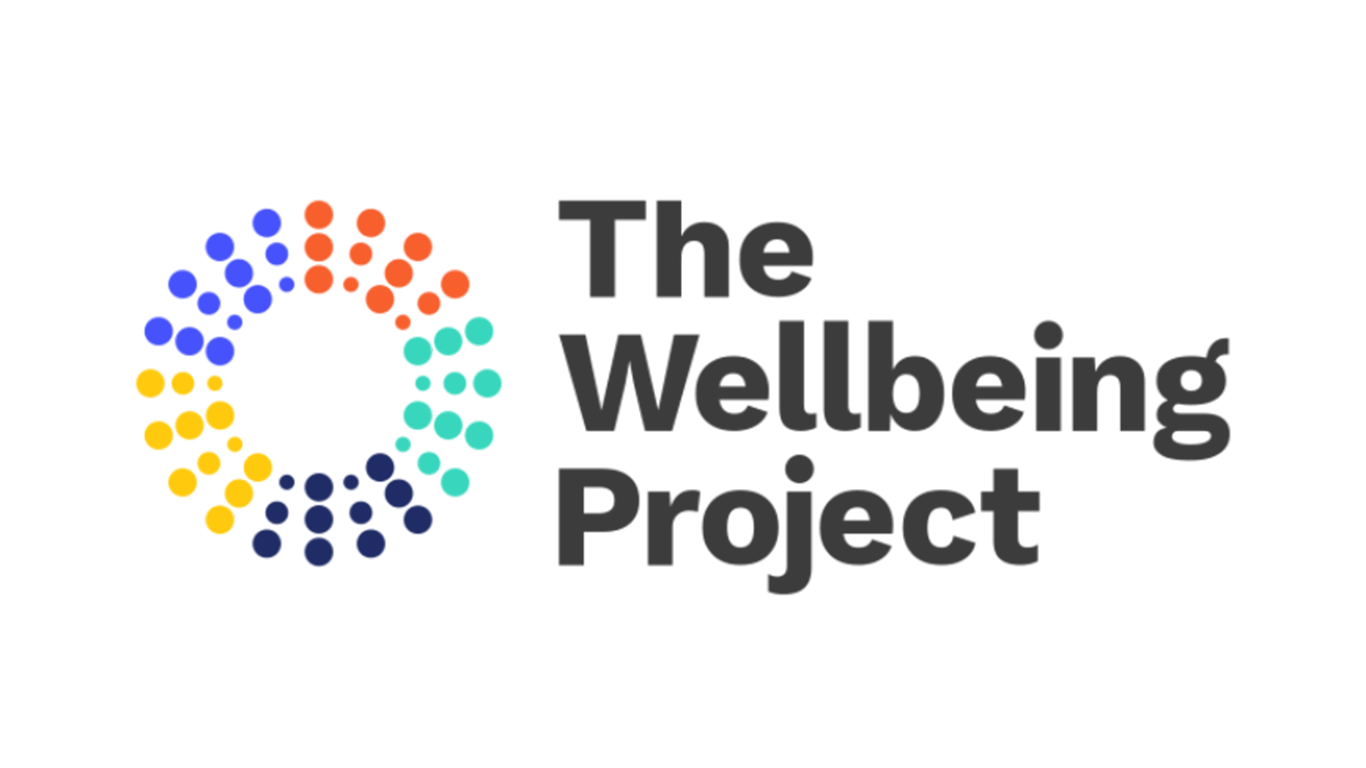
The latest Wraw® Resilience Report 2022, published by The Wellbeing Project, shows that regardless of how or where employees choose to work, resilience is still low - with public sector workers bearing the brunt of burnout. The report finds that leaders have significantly higher levels of well-being and resilience, and are more positive and optimistic (Flexible Thinking) - especially in the face of challenging circumstances, such as the ongoing pandemic. The research shows that leaders with this attitude energise employees because they create an open, inclusive and collaborative workplace. In particular, these leaders demonstrably motivate employees to build Strong Relationships, instil a clear sense of purpose and personal control (Future Focus), cultivate Flexible Thinking, and stimulate motivation and self-belief (Inner Drive).
The research assessment model measures employee wellbeing and resilience across a scientifically validated framework known as the 5 Pillars of Resilience: Energy, Future Focus, Inner Drive, Flexible Thinking, and Strong Relationships. The assessment also measures overall resilience (The Wraw Index), and the extent to which someone is feeling the effects of pressures (Impact Index) – across age, gender, seniority and industry sector.
Four-day week trials risk overloading already pressured employees
Hybrid and home-based workers are the most stressed, suggesting that wellbeing and resilience extend to more than just location and good management. Despite avoiding the daily commute and gaining more time, home-workers seem to have added to their to-do list. In turn, this has affected their overall quality of life as it is more challenging to build Strong Relationships, and maintain Inner Drive and Future Focus. The scores of mobile and field workers across the 5 Pillars of Resilience are stronger. In particular, they have a greater sense of personal control, autonomy and self-belief that may support their overall wellbeing. As employers trial the 4-day week, they need to take into consideration the levels of stress employees are currently dealing with. (See charts: Wraw Index and Impact Index for Work Environment, and Work Environment)
Sam Fuller, CEO of The Wellbeing Project and Founder of Wraw®, states: “As some employers embark on four-day week trials, they must be careful to manage the transition and not further deplete the energies of an already stressed-out workforce. We know that employee wellbeing depends on a number of factors - not just when and where you're working. Organisations need to provide appropriate support so that all the benefits of flexible working, hybrid working, and shorter weeks outweigh the risk factors. We are still working through the effects of the pandemic, therefore strategies that focus on re-establishing and maintaining human connection and elevating energy levels are paramount.”
Age is everything, with over 55s playing an important role in the workforce
When comparing age against the 5 Pillars of Resilience, 18 - 25-year-olds struggle the most. The findings are consistent with research by The Health Foundation, Deloitte and AXA which all suggest that younger people have been disproportionately impacted by the ongoing Covid-19 pandemic. This highlights the need for ongoing training and development which senior colleagues can provide, alongside mentoring schemes. Over 55s feel better able to see things from other perspectives and navigate around challenges to find alternative approaches. They are also less likely to make assumptions about people and situations and are able to adapt to change more quickly. (see charts: 5 Pillars for Role Level and 5 Pillars for Age)
Teachers and Tech workers score themselves lowest on resilience and wellbeing
Those working in Teaching & Education and in IT & Information Services report amongst the lowest levels of resilience and wellbeing, suggesting a risk of burnout. For teachers, this backs up previous research from the National Education Union (State of Education: The Profession | NEU) that states 44% of them plan to quit the profession by 2027.
Tech workers rated themselves lower on the ability to build supportive relationships at work, implying that they are unlikely to lean on social support to bounce back from stress and pressure. The pandemic may have also had an impact given the instrumental role technology played in keeping workers connected and online. With skills shortages and understaffed IT departments, this impacted job autonomy and induced long hours. A survey by Harvey Nash found that half of the tech professionals in the UK have been concerned about their mental health due to work. When it comes to the 5 Pillars of Resilience, those in tech struggled the most than any other department, across all industry sectors. (See chart: 5 Pillars for Industry)
Fuller concludes: “It’s true that we are still feeling the hangover of the pandemic and employers need help to understand how to best mitigate burnout of their employees. One of the benefits of this research is that it offers leaders insight into how to tailor their approach to employee wellbeing and build greater resilience in their workforce. We have presented findings for different groups and industry sectors so that leaders can tailor their strategies to the real needs of their people. In turn, this will show up in the bottom line of the business, and in the lasting health and engagement of their employees.”
Other findings include:
● Males report feeling slightly more resilient than females, which is in line with the Deloitte report where 46% of women feel burnt out. However, the Wraw research shows that women have stronger networks of support which could protect against the impact of pressure.
● Private sector workers have the highest resilience scores overall and are 8% higher than the public sector.
● Strong Relationships are the least developed area of resilience across all demographics.
● Those in Charities & Volunteer Work have among the lowest scores for purpose and personal control (Future Focus). They also score themselves lowest on maintaining self-belief and the motivation to persevere through challenges (Inner Drive).
● Workers in Finance score among the highest on sustaining motivation and self-belief (Inner Drive). However, scores are lower for building trust-based relationships and networks of support.
● Professionals in Marketing and Sales, Human Resources, and Finance score themselves highly across, Future Focus, Inner Drive and Flexible Thinking.
● IT professionals rate themselves low on both the Wraw Index and Impact index. (See chart: Wraw Index and Impact Index for Department)
The report is published at a time when unfilled job vacancies in the UK are at a record high with many people resigning in search of more supportive workplaces, meaningful work and greater job satisfaction. Employers can use the findings to help create more robust strategies to prioritise the well-being of their staff, which is essential for increasing employee retention.
The Wraw® Resilience Report 2022 is a comprehensive report on employee resilience and wellbeing, analysing findings from over 7,100 workers globally (68% UK respondents). The data was collected from January 2021 to March 2022. For more information and to download the full report, click here.
Related News
- 07:00 am

PXP Financial (‘PXP’), the expert in payment services, data analysis and fraud, today announces that it is partnering with Discover® Global Network, the payment brand of Discover and the world’s fastest-growing global payment card network.
The partnership will allow merchants which use PXP’s point of sale or eCommerce solution to accept payments from the 280 million Discover Global Network cardholders around the world, who collectively represent $500 billion in spending opportunity. This will ultimately support merchants to attract a global audience and provide customers with an enhanced checkout experience. Discover Global Network’s portfolio of cards includes Diners Club International issued in over 55 territories, Discover issued in the US and over 25 network alliance partnerships, including in Brazil, South Korea, UAE, Turkey, India and the Middle East, among others. Discover has been ranked highest in brand loyalty in the Credit Card category for 25 years in a row and the majority of cardholders made a purchase decision based on whether a merchant accepted their card.
Thanks to the new partnership, merchants using PXP’s platform will be able to accept a greater range of cards, increasing their own acceptance rate and thereby delivering on PXP’s promise of frictionless payments. With eCommerce around the world skyrocketing, it is more important than ever for merchants to be able to offer a range of payment options tailored to the preferences of their customers.
Kamran Hedjri CEO at PXP commented: “We are extremely happy to be extending our eCommerce and POS acquiring capability through this partnership with Discover Global Network. This allows us to support our customers wherever they want to sell and help them reach new, international audiences, improving customer journey and conversions. They are a great partner to work with and we are excited”
“Discover Global Network Cardholders prefer to transact using their card of choice,” said Chris Winter, Vice President of EMEA Partnerships at Discover. “PXP enables us to further drive growth throughout the digital and face-to-face payments ecosystem and provides our cardholders with the opportunity to purchase from more merchants across the globe in a seamless manner.”
Related News
- 06:00 am
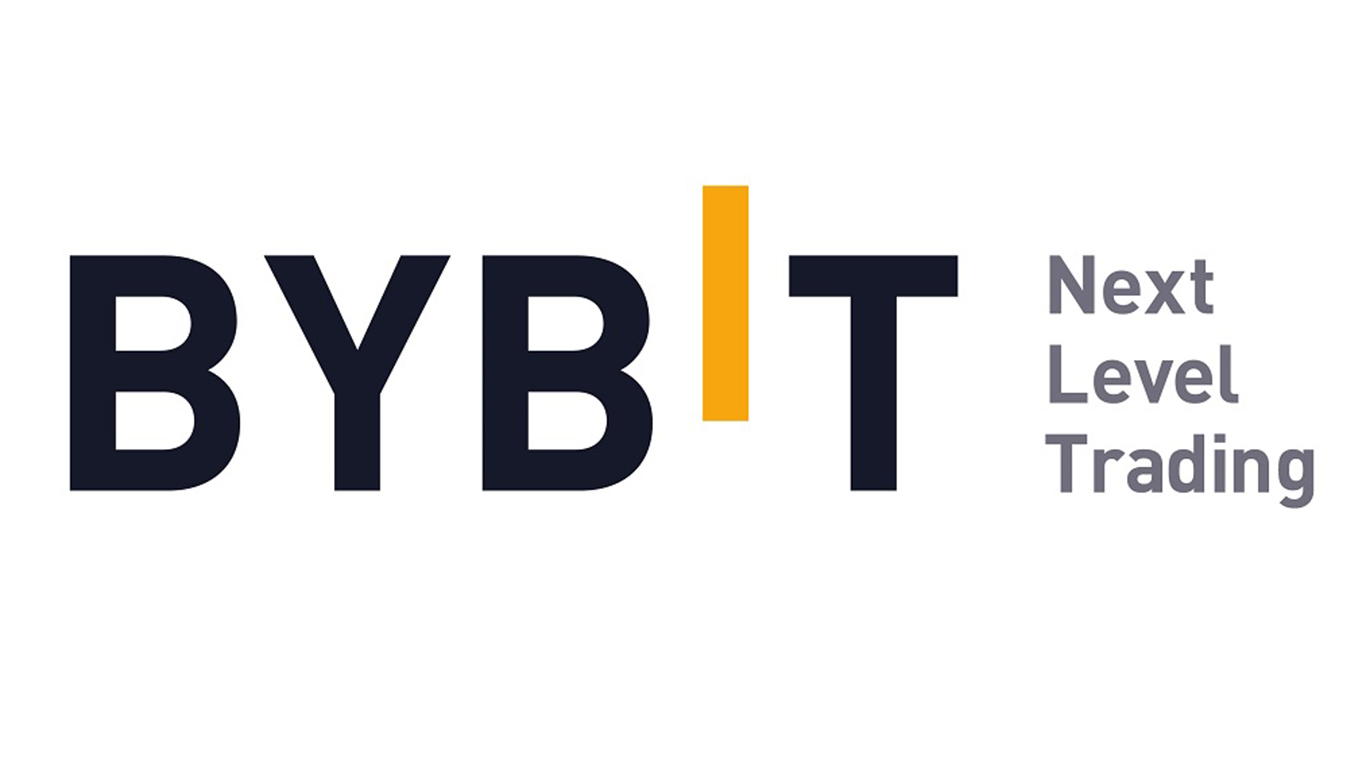
Walken protocol, the market's first all-in-one product based on the Walk2Play-Win2Earn concept, will launch on June 20 in partnership with Bybit as the first listing platform for its token $WLKN.
Bybit users can access the token on Launchpad 2.0, a freshly revamped platform for groundbreaking blockchain projects. Bybit users can commit BIT to subscribe to token allocations or participate in Launchpad 2.0's new lottery model for early-stage projects for a chance to win allocations of new tokens with USDT. It also allows users to buy through the Launchpad the best-performing tokens that were previously listed.
Walken is a Solana-powered game that combines the play-to-earn and move-to-earn aspects. Walken gamifies simple daily activities, such as walking and running, to promote a healthy lifestyle and rewards users for being physically active on a daily basis. In the Walken ecosystem, it pays to maintain an active lifestyle where steps and exercises recorded on your Apple HealthKit or Android Health-enabled smart watches and devices can be converted into real value.
How it works
Each user has a character called CAThlete, and their steps are converted into GEMs, the in-game currency of Walken. A thousand steps equal one GEM, which is used to improve a CAThlete's speed, strength, and stamina.
The launch of Walken's in-game token $WLKN on Bybit Launchpad 2.0 provides users with the opportunity to earn cryptocurrency through allocation. In the game, $WLKN is gained in competitions and can be used to upgrade a CAThlete's level or equip them with items from the Marketplace for extra stats points and boost their chance to win more competitions.
Driving positive lifestyle changes
As we move toward a post-pandemic world, more and more people are shifting from a sedentary lifestyle of being cooped up in their homes to a more active lifestyle. A unique project that connects a healthy lifestyle to the burgeoning digital economy, Walken offers a fun and rewarding experience for the health-conscious that also simplifies the journey into the crypto space for many, driving new users into web3 and positively impacting their lives while cultivating a sustainable future for $WLKN.
"Bybit is a partner we could only dream of. They were one of the first top players to believe in Walken as a team and a product concept, and since then have been supporting us in every way. We are infinitely grateful for this and are honored to be launching and growing Walken with Bybit." said Alexei Kulevets, CEO and co-founder of Walken.
Related News
- 01:00 am
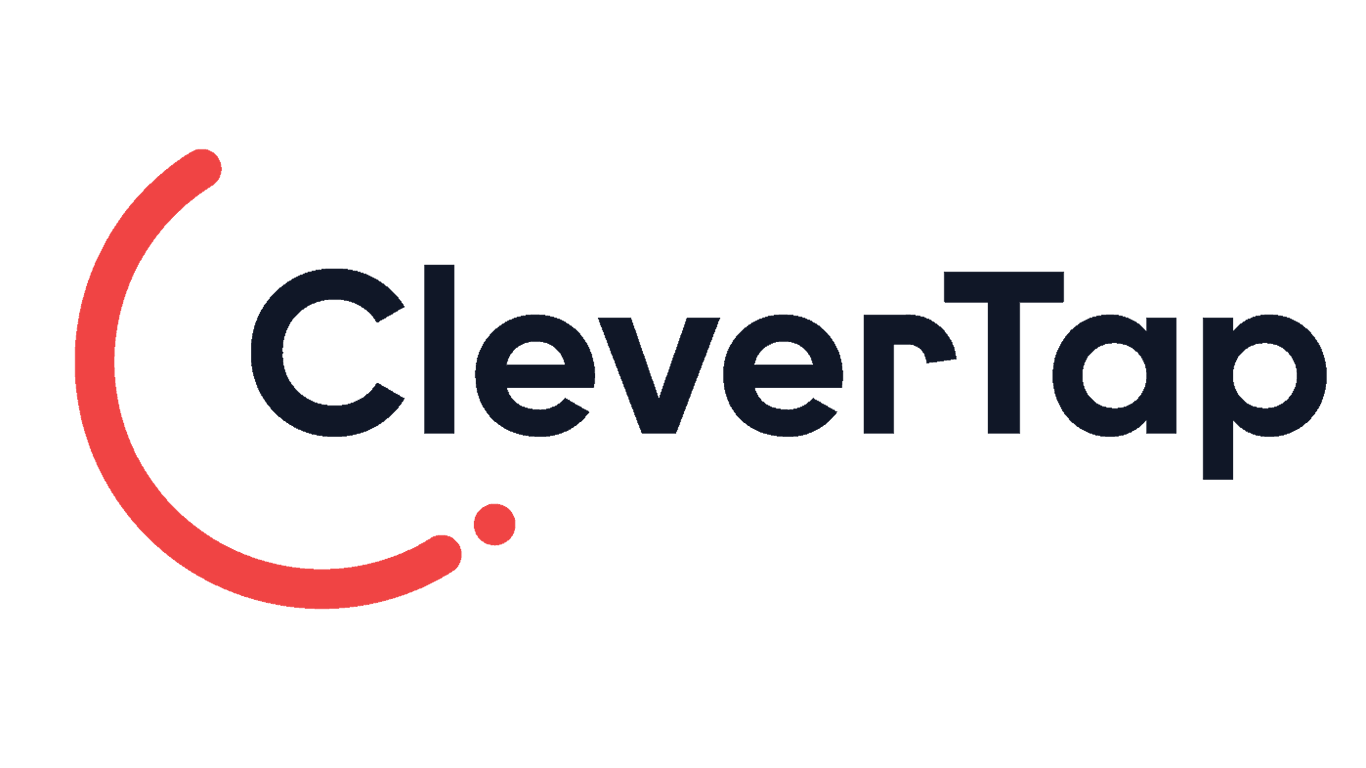
CleverTap, the world's No.1 retention cloud, today announced it has completed its acquisition of San Francisco-based Leanplum, a leading multi-channel customer engagement platform.
The acquisition, originally announced on 19th May, was closed in a record time of 3 weeks. With this acquisition, CleverTap has strengthened its footprint in the US and Europe. CleverTap will combine the product stack of both organizations and extend its world-class solutions and technology to all its customers and prospects worldwide. Momchil Kyurkchiev, Co-Founder of Leanplum, has joined CleverTap's leadership team as Chief Strategy Officer. With the completion of the acquisition, CleverTap also welcomes marquee investors Norwest Partners, Shasta Ventures, Canaan, and Kleiner Perkins as its shareholders. The acquisition becomes revenue accretive for CleverTap from June 1st 2022.
"We are very excited to welcome Momchil and all Leanplum employees to the CleverTap family and expect full integration of the two companies, including an integrated product in the market to get completed over the next 3-4 quarters," says Sunil Thomas, CleverTap Co-founder and Executive Chairman. "With this acquisition Customers will now have a wide variety of product features and options to choose, from the best of both product line-ups (A/B Testing, Segmentation,Campaigns, Journeys etc.) At the same time, the acquisition provides a much bigger growth, exposure and learning opportunities for employees and collectively we will now become a dominant force with a large global footprint".
"The Martech landscape the world over is evolving at an exponential rate and hyper-personalized digital engagement at scale is the need of the hour. I am sure that together, Leanplum and CleverTap will address this need and continue to drive innovation in this space. CleverTap and Leanplum individually have had a robust presence in terms of geographical reach, industries, and categories. Collectively we will now become a dominant force with a large global footprint," says Momchil Kyurkchiev, Chief Strategy Officer at CleverTap.
"As we expand globally, we are looking to retain as well as grow 100% of the Leanplum customers by bringing all combined capability on one platform in due course. We also plan to increase our headcount in the US and Europe. Together, we aspire to be recognized as a SaaS talent powerhouse built on a strong people-first culture driven by values and equality," added Sunil.
Related News
- 01:00 am
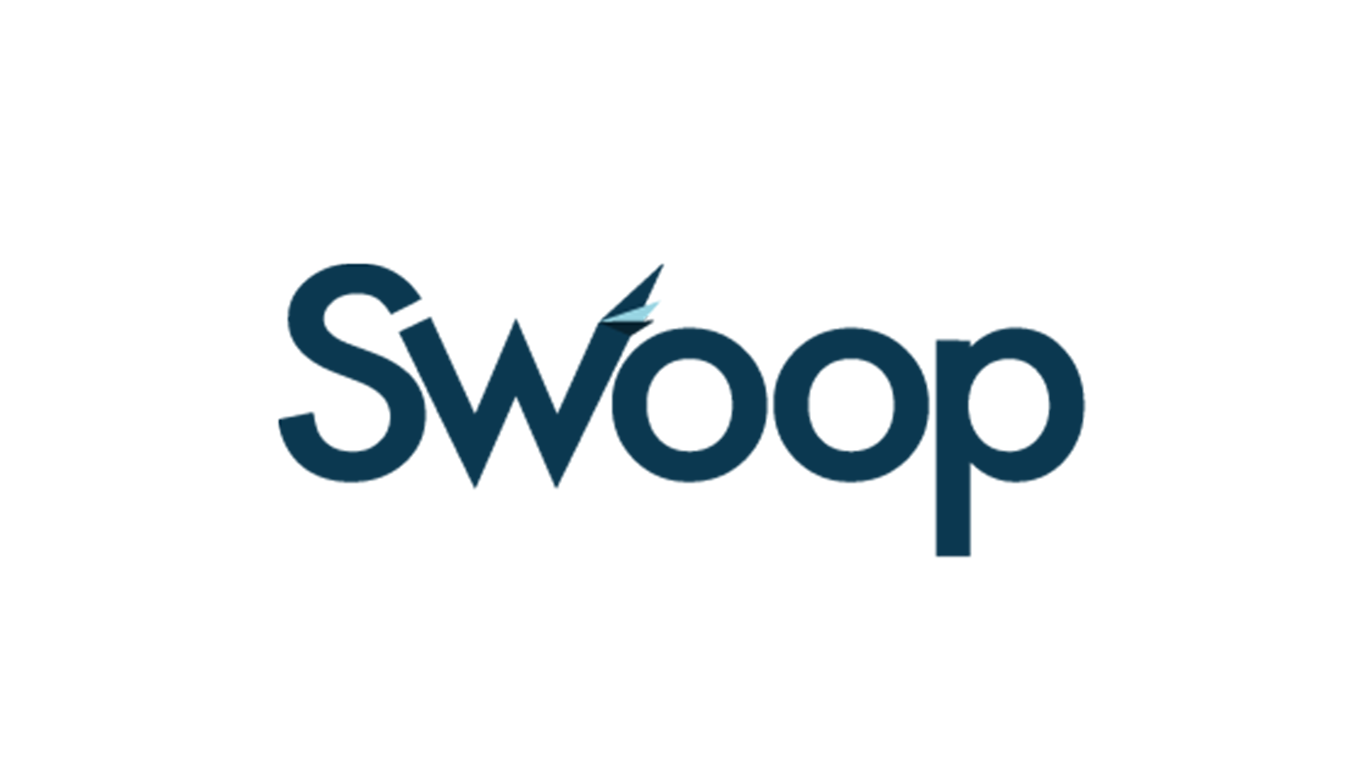
Swoop, the one-stop money shop for businesses has raised £5.4m in a Series A funding round to accelerate international expansion and help more companies to access an array of financing options. The funding announcement follows a surge in demand for SME financing, with revenues at Swoop forecasted to increase by 450% this year.
Andrea Reynolds, CEO and Co-Founder of Swoop, said the funding would be used to expand into new markets, with a particular focus on North America. The fast-growing fintech is targeting the US through its existing operations in Canada and this follows the recent establishment of an Australian operation, in addition to its offices in the UK and Ireland.
More than 75,000 businesses have used Swoop's software platform to investigate and access a wide range of funding sources, including equity, grants, loans and tax credits. Founded in 2017, Swoop will have 80 staff by the end of the summer, up from 60 at present.
The Series A funding round includes investment from the venture capital group Velocity, Arab Bank Ventures, IAG and WeHo Ventures in California. Velocity is an existing investor in Swoop, alongside other early backers including UK private investors and Enterprise Ireland.
Andrea Reynolds, CEO and Co-Founder of Swoop said: "Access to finance is the number one issue facing SMEs, but they have traditionally been an underserved customer segment. Finance is data-driven and borderless. With the influx of new lenders into the market, Swoop is able to connect SMEs with the funding they need wherever they are in the world. To date we've helped our customers secure £500m to grow their businesses."
Rajeev Saxena, CEO of Velocity, said it was pleased to support the continued expansion of Swoop. "Andrea and the team at Swoop have executed strongly on their potential since we first invested in the company in 2018. We are excited to see them take their vision to new markets."
Swoop continues to enhance its technology and proposition, aggregating banking, accounting and credit data so that business owners, advisors and brokers can quickly understand and apply for the products available to them.
Swoop is a chosen partner to all the major banks in the UK and has partnerships with business bodies including the British Chambers of Commerce and the Institute of Chartered Accountants in England and Wales. It was instrumental in distributing hundreds of millions of pounds in Bounce Back loans to businesses during the Covid-19 pandemic.
Related News
- 04:00 am
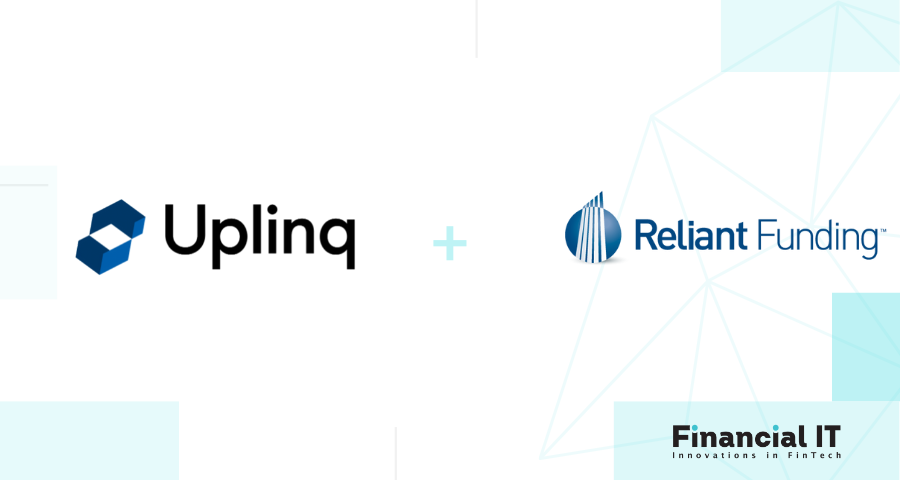
Uplinq Financial Technologies (Uplinq) is delighted to announce a new partnership with a leading small business funding provider, Reliant Funding (Reliant). Reliant will engage Uplinq’s revolutionary credit assessment platform to help it make more accurate decisions in situations where standard approaches do not suffice.
Founded in 2008, Reliant’s aim is to help small businesses achieve big goals. To do this, the company helps facilitate funding for small-to-medium-sized businesses (SMBs) by providing access to working capital when they most need it. However, given the nature of the Reliant prospect universe, a majority of current applications are being declined. Through its work with Uplinq, the company aims to significantly improve its approval and booking numbers.
Alongside providing more access to working capital, Reliant aims to use Uplinq’s system to better tailor the amount of money it advances, as well as to improve the terms of the merchant cash advances that it issues.
Speaking on the partnership, Ryan Goodman, Vice President of Business Intelligence and Analytics at Reliant Funding said: “We share a lot in common with Uplinq, including our commitment to helping improve opportunities for SMBs around the globe. With so much going on in the world right now, businesses need as much support as they can get. Since 2008, we have been there to offer that help, but now with Uplinq’s assistance, we are able to take our service to a different level. We’re so excited to see what the future has in store for both of us on this journey.”
Ron Benegbi, Founder and CEO at Uplinq commented: “We saw immediate synergies with Reliant the moment we began our conversations, and I’m thrilled that we can finally share this news. I’m confident that Uplinq’s solution will be able to make a material impact on their overall business for years to come.”
The agreement caps off a busy period for Uplinq recently, which has seen the announcement of several new partnerships, inclusion in the Station Fintech Montreal ESG Accelerator program, as well as the announcement of its USD $3.5m pre-seed funding round. As it enters the second half of 2022, the company remains committed to further scaling its operations and services around the world, as it looks toward fulfilling its mission of helping lenders achieve financial inclusion for all small business owners.









